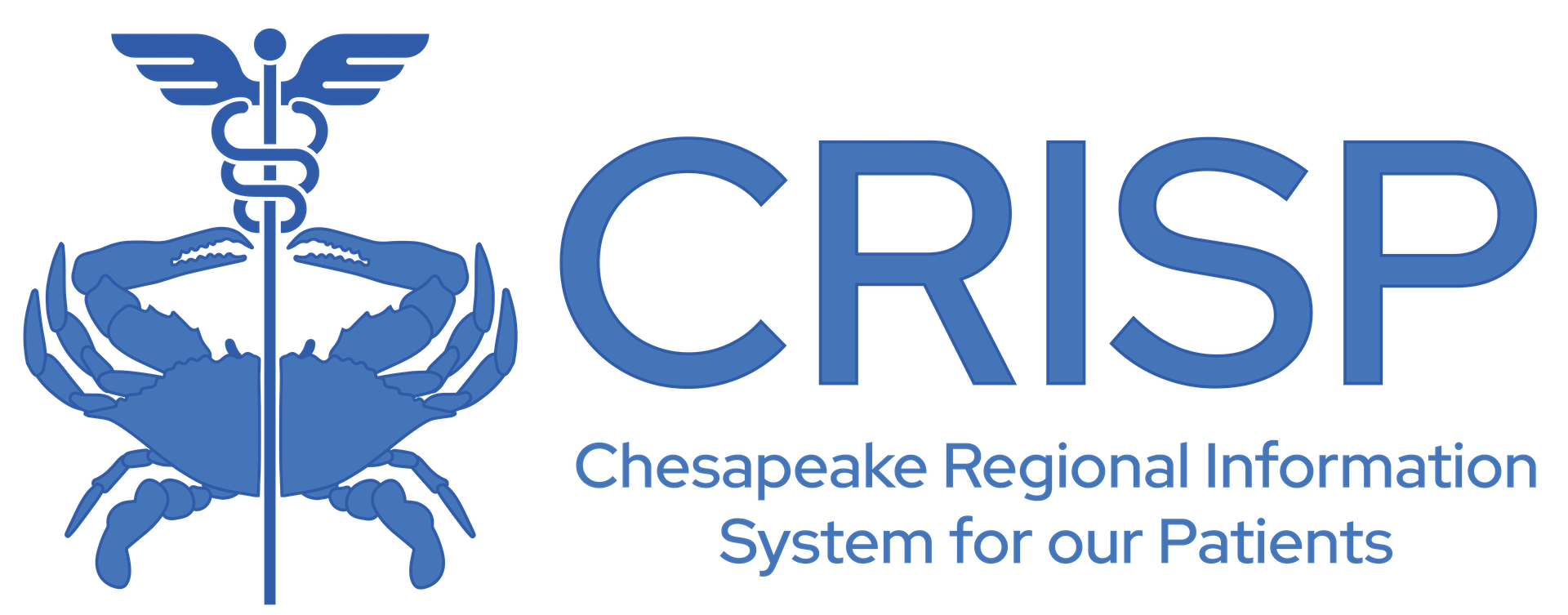The Care Redesign Program includes the Episode Care Improvement Program (ECIP) and the Hospital Care Improvement Program (HCIP). These initiatives enable hospitals to align incentives with care partners. Hospitals can opt to share incentive payments with providers who meet care redesign goals. ECIP encompasses post-acute care, while HCIP focuses on hospital-based care.
CRISP operates the ECIP Management Interface (click here to log in), a platform for hospitals to receive ECIP notices and submit ECIP deliverables.
Contact care.redesign@crisphealth.org for questions on care redesign.
Source and Additional Information: HSCRC
Care Transformation Initiatives (CTIs) are initiatives undertaken by a hospital, group of hospitals, or a collaborative partnering with a hospital to reduce the total cost of care of a defined population. Under the CTI program, hospitals choose the eligible Medicare population targeted by the CTI intervention; define how to restrict the population to those most likely to be impacted or enrolled in the intervention; and choose the intervention duration.
CRISP operates the Care Transformation Profiler (CTP) (click here to log in), to enable hospitals to view all CTIs statewide, and to monitor their own CTI progress.
Contact care.redesign@crisphealth.org or hscrc.care-transformation@maryland.gov for questions on CTIs.
Source and Additional Information: HSCRC
The Regional Partnership Catalyst Grant Program enables hospitals to partner with neighboring hospitals and/or diverse community organizations to form Regional Partnerships (RP). Approved RPs received funding to support the implementation of diabetes prevention and management programs and/or behavioral health crisis services programs.
Source and Additional Information: HSCRC
Statewide Integrated Health Improvement Strategy (SIHIS)
SIHIS is designed to engage State agencies and private-sector partners to collaborate and invest in improving health, addressing disparities, and reducing costs for Marylanders. The SIHIS aligns statewide efforts across three domains that are interrelated: 1) Hospital Quality 2) Care and 3) Total Population Health.
Source and Additional Information: HSCRC
Maryland Primary Care Program (MDPCP)
MDPCP is a voluntary program open to all qualifying Maryland primary care providers that provide funding and support for the delivery of advanced primary care throughout the state. Practices are evaluated on delivering the five Comprehensive Primary Care Function:
- Care Management
- Access and Continuity
- Planned Care for Health Outcomes
- Beneficiary and Caregiver Experience
- Comprehensiveness and Coordination Across the Continuum of Care
Hospitals can track their beneficiaries and monitor their progress via MDPCP Reports in the CRS Portal.
Source and Additional Information: MD Dept of Health
EQIP is a voluntary program that will engage non-hospital Medicare providers and for achieving cost and quality targets for one or more Clinical Episodes (“EQIP Tracks”), each of which will incorporate a specified alternative payment arrangement. EQIP is targeted to begin July 2021


